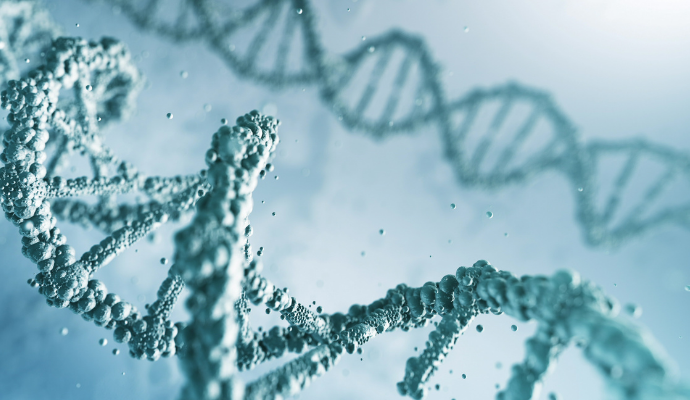NIH Precision Medicine Data Detects 275 Million New Genetic Variants
Data from the All of Us Research Program for advancing precision medicine helped researchers identify over 275 million new genetic variants.

Source: Getty Images
- Last week, researchers from the National Institutes of Health (NIH) All of Us Research Program published an article in Nature identifying over 275 million new genetic variants across approximately 250,000 participants.
The All of Us Research Program was developed to diversify genomic data and broaden these datasets to include broader communities. The NIH press release revealed that the program is built to address the fact that 90% of genomic studies have focused on individuals with European genetic ancestry.
Uniform genetic databases can compromise health equity since new research and drug development are heavily based on existing data. For example, some of these datasets have been used to understand the biological basis for disease and propose prevention strategies.
“As a physician, I’ve seen the impact the lack of diversity in genomic research has had in deepening health disparities and limiting care for patients,” said Josh Denny, MD, MS, chief executive officer of the All of Us Research Program, and an author of the study, in the NIH press release. “The All of Us dataset has already led researchers to findings that expand what we know about health — many that may not have been possible without our participants' contributions of DNA and other health information. Their participation is setting a course for a future where scientific discovery is more inclusive, with broader benefits for all.”
The Nature publication revealed that the All of Us Research Program developed a dataset with 245,388 clinical-grade genome sequences. Researchers note that 77% of the dataset comprises underrepresented participants in health research. Additionally, nearly half of the participants, 46%, are from racial and ethnic minorities.
Across the 275 million newly identified genetic variants, 3.9 million were linked to coding consequences. Beyond that, 3,724 genetic variants were associated with over 100 different diseases.
These findings inform future research initiatives and improve research and development outcomes for diverse communities.
“All of Us values intentional community engagement to ensure that populations historically underrepresented in biomedical research can also benefit from future scientific discoveries,” added Karriem Watson, DHSc, MS, MPH, chief engagement officer of the All of Us Research Program. “This starts with building awareness and improving access to medical research so that everyone has the opportunity to participate.”
